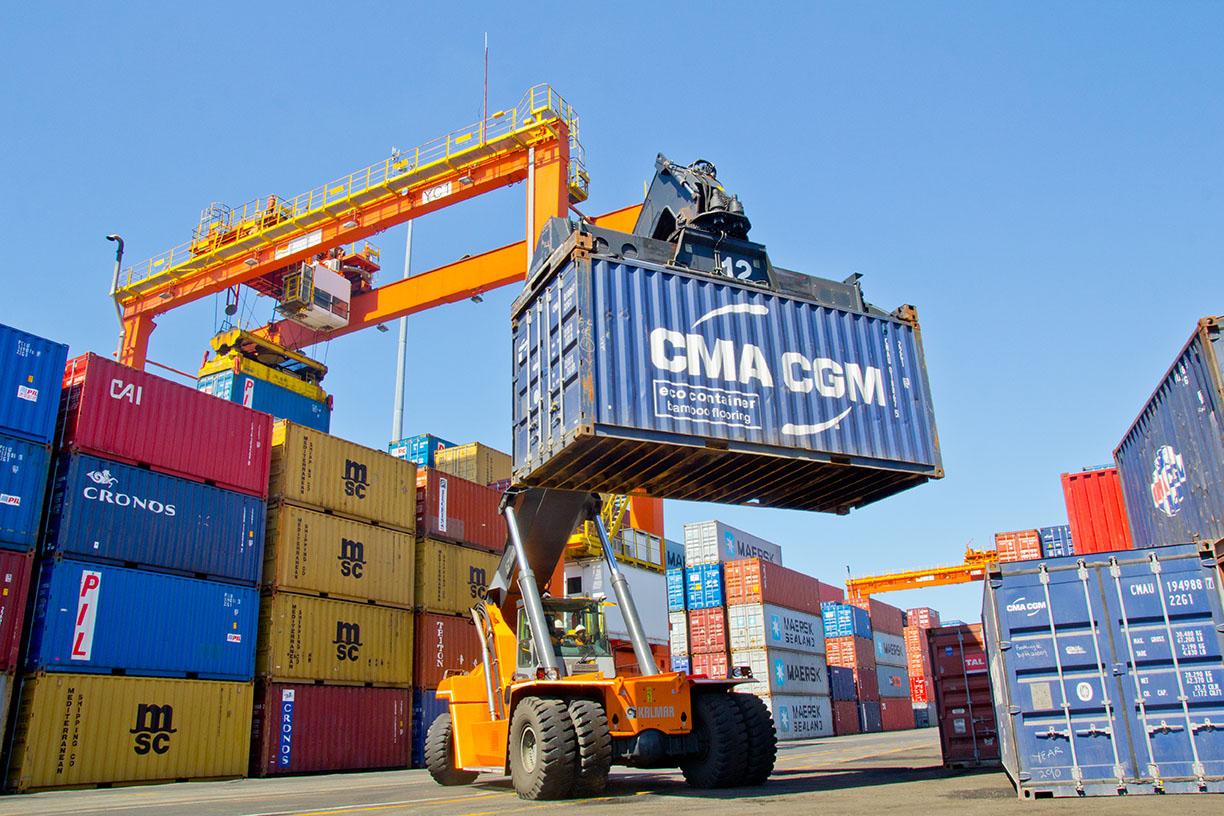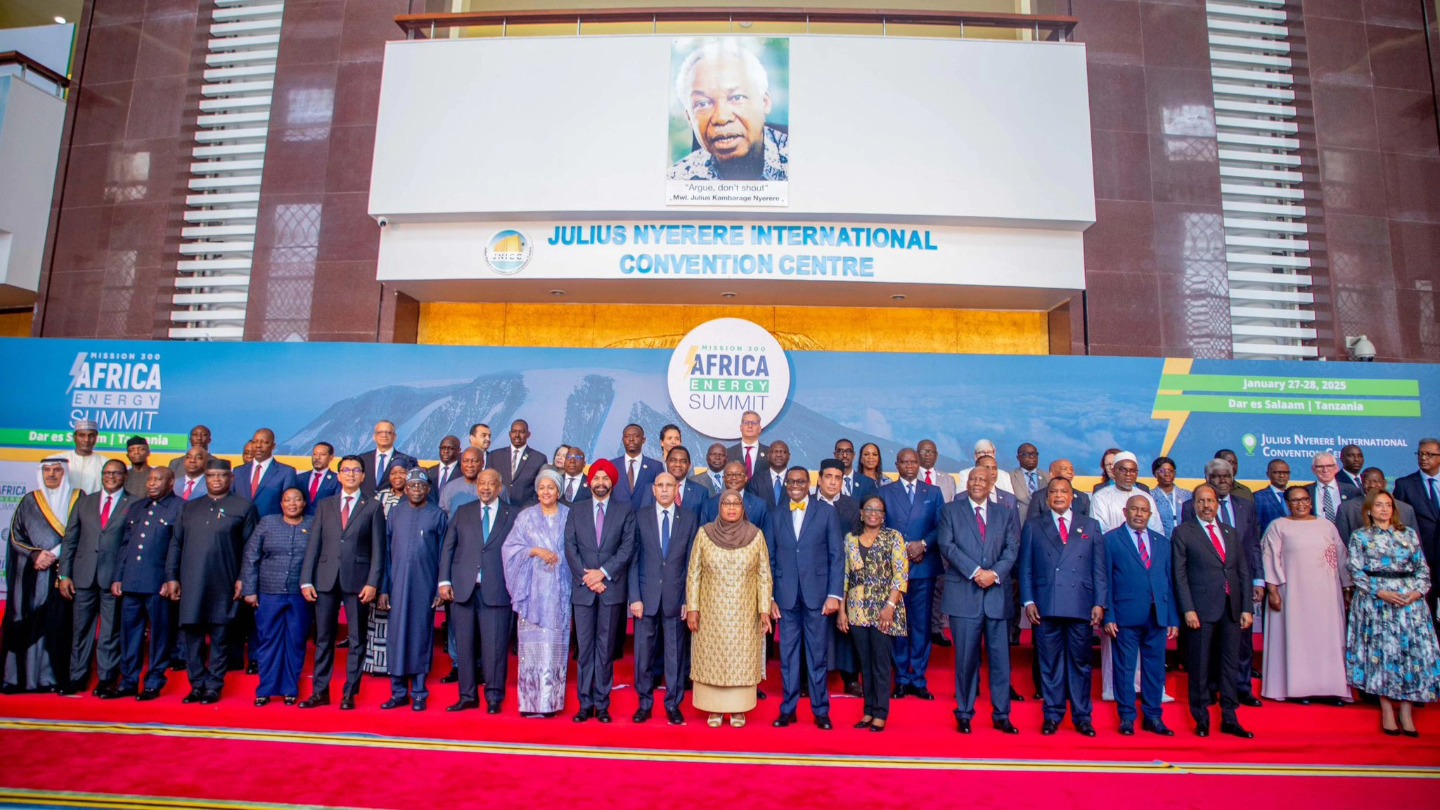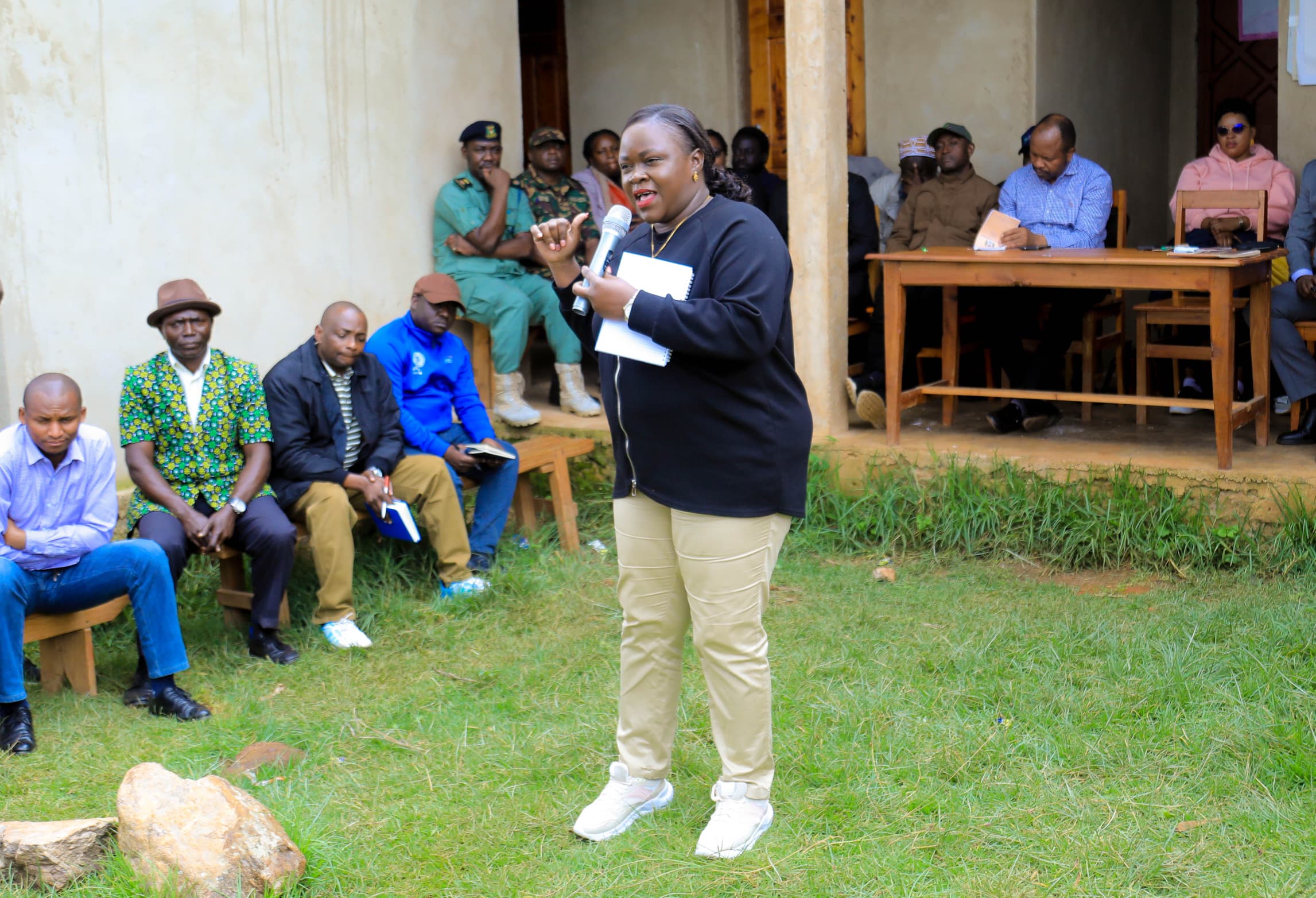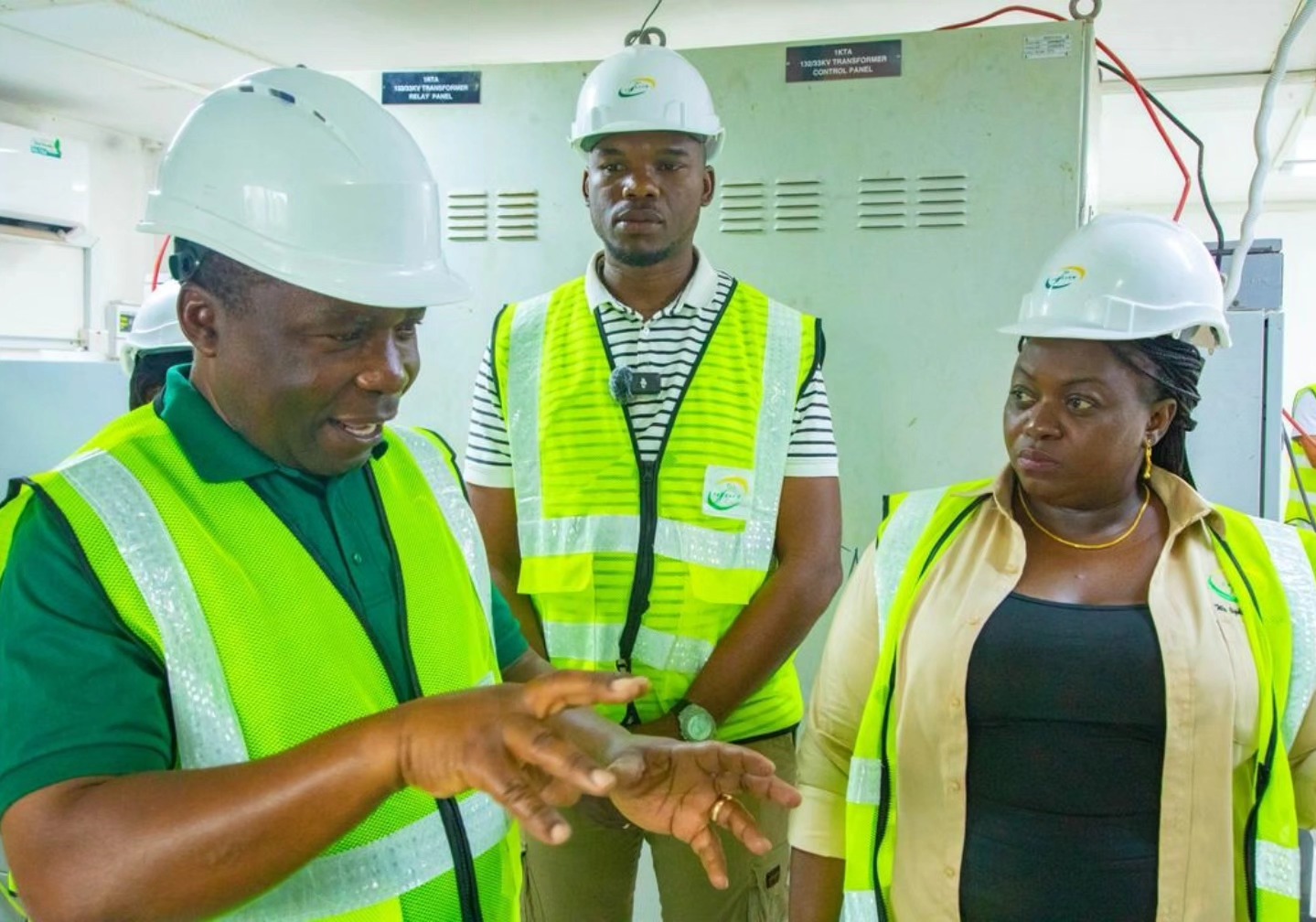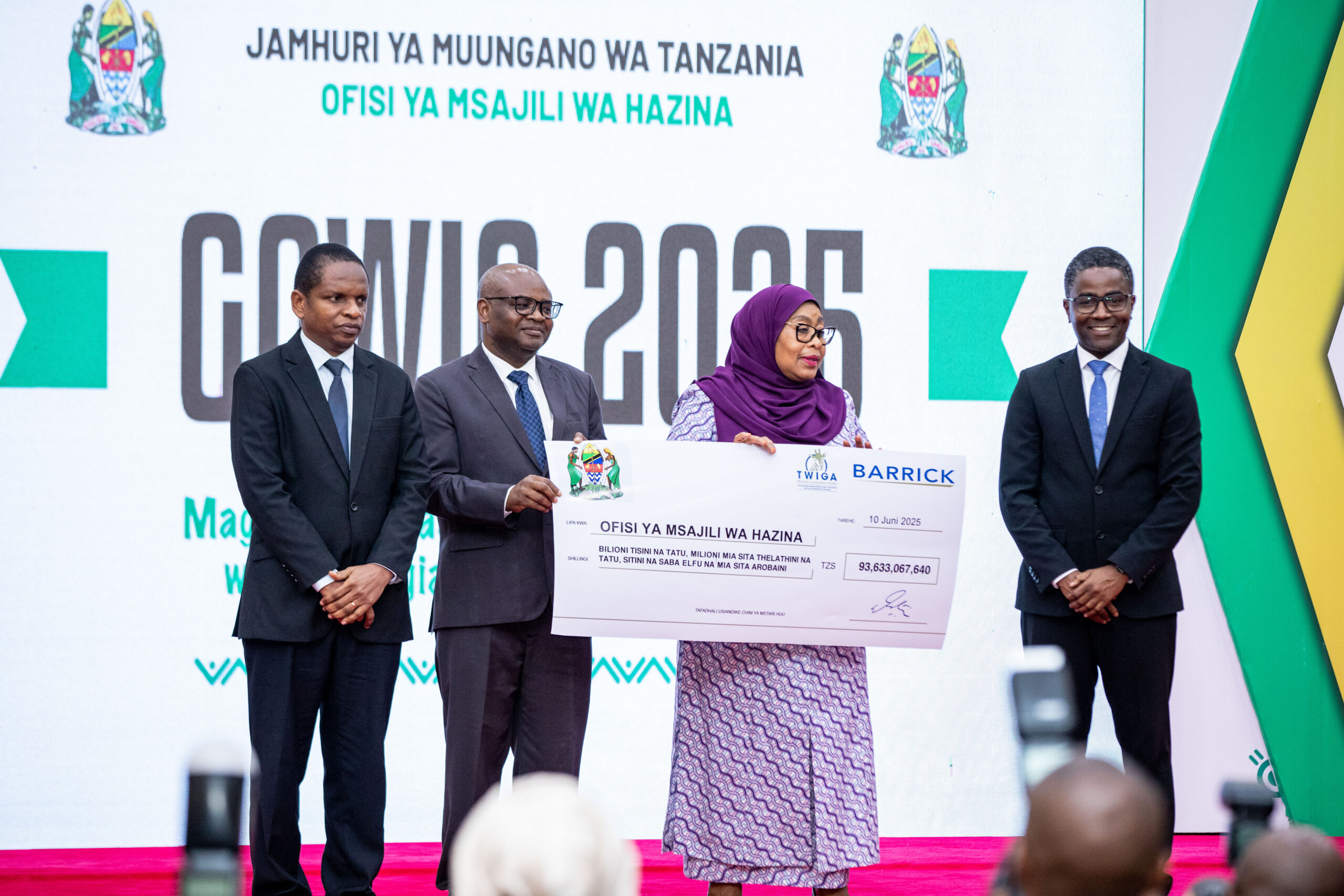Dar es Salaam. Tanzania has taken a significant step in its energy transition agenda with the launch of a high-capacity Compressed Natural Gas (CNG) Mother Station in Dar es Salaam, a facility positioned to revolutionize clean transport and industrial energy use in the country and beyond.
Launched on Friday, May 9, 2025, by Deputy Minister for Energy, Ms Judith Kapinga, on behalf of Deputy Prime Minister and Minister for Energy Dr Doto Biteko, the station is now the second-largest of its kind in Africa and the largest in the East African Community (EAC) region.
With the capacity to refuel up to 1,200 vehicles per day and operate 24 hours continuously, the station is a strategic milestone in Tanzania’s natural gas value chain and part of wider efforts to scale sustainable, cost-effective energy solutions.
The commissioning also marked the unveiling of Dar es Salaam Rapid Transit (UDART)’s first-ever CNG-powered bus—signaling a shift in the public transport sector toward low-emission mobility.
Deputy Minister Kapinga credited President Samia Suluhu Hassan’s leadership for transforming energy sector challenges into tangible solutions, citing the new station as evidence of a government delivering on its commitments.
She also praised the Tanzania Petroleum Development Corporation (TPDC)’s Board and Management for executing the project with efficiency and foresight.
Addressing concerns over previous congestion at existing CNG refuelling stations, Ms Kapinga noted that the new facility—equipped with eight nozzles and capable of servicing eight vehicles simultaneously—directly addresses public complaints and exemplifies service delivery in action.
She emphasized the station’s role in decongesting facilities like Ubungo Maziwa and expanding clean energy access for industries, schools, hotels, and households.
Ms Kapinga instructed TPDC to maintain high safety and service standards at the new facility and to accelerate the rollout of similar stations in other regions, including Lindi and Mtwara.
She further urged continued public-private collaboration to grow CNG investments nationally and encouraged citizens to adopt gas-powered vehicle systems, citing cost savings of up to 40 percent compared to petrol.
The CNG Mother Station boasts a daily capacity of 4.2 million cubic feet (equivalent to 120,000 kg) and is fitted with four pumps, each with dual nozzles, along with three specialized pumps to fill transport vehicles that deliver CNG to satellite stations, industries, and households.
TPDC has also initiated procurement for five mobile CNG stations to be deployed in Dar es Salaam, Morogoro, and Dodoma—an indication of the state utility’s intent to expand access to cleaner energy technologies nationwide.
TPDC Acting Managing Director Francis Mwakapalila reaffirmed the Corporation’s commitment to driving natural gas usage in transportation and reducing reliance on conventional fuels.
For his part, TPDC Board Chairman Ambassador Ombeni Sefue, pledged to end long queues and ensure steady availability of gas across user categories.
Dr James Mataragio, Deputy Permanent Secretary at the Ministry of Energy, underscored the national significance of the project, stating that the station not only sets a new operational standard in the region but also demonstrates Tanzania’s readiness to lead in energy diversification and decarbonization efforts.
Parliamentary Energy and Minerals Committee Vice Chairperson, Mr Kilumbe Ng’enda, expressed satisfaction with the government’s pace in gas sector development.
He pointed to affordability as a key advantage—highlighting that gas-powered transport delivers up to 40 percent in operating cost savings compared to fuel-based alternatives.
The launching event was also attended by Ubungo District Commissioner Albert Msando, who reaffirmed the government’s commitment to protecting strategic energy infrastructure and ensuring seamless service delivery to citizens.
As Tanzania seeks to position itself as a regional clean energy hub, the commissioning of this landmark station marks a strategic inflection point in its natural gas strategy.
It connects upstream resources to urban transport, industrial users, and everyday consumers through a robust and expanding infrastructure network.


